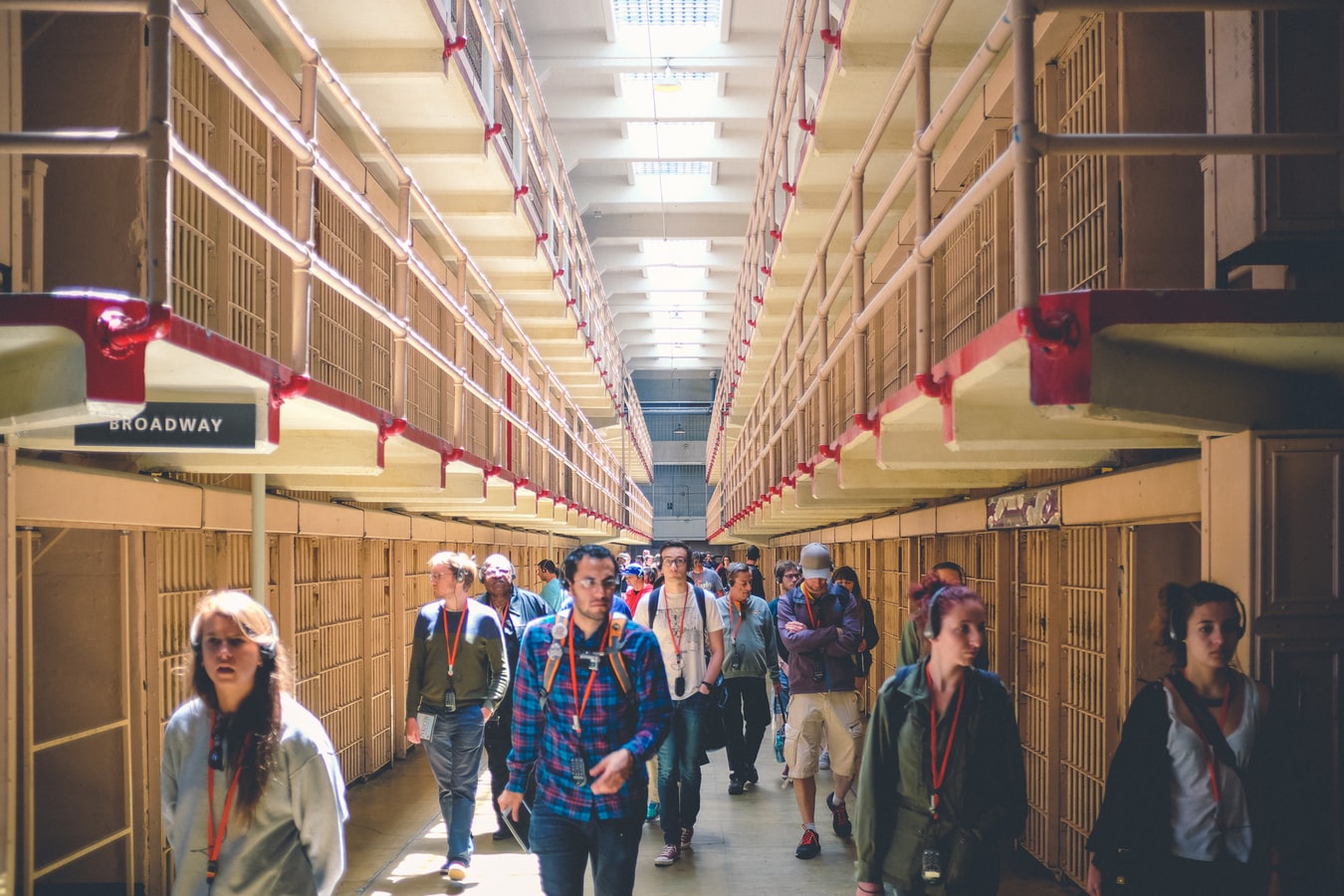Educational trips for seniors are gaining popularity, offering enriching experiences tailored to the unique needs and interests of older adults. These journeys go beyond simple vacations; they provide opportunities for intellectual stimulation, cultural immersion, and social engagement, fostering personal growth and creating lasting memories. This exploration delves into the various types of educational trips available, planning considerations, accessibility options, budgeting strategies, and essential health and safety precautions to ensure a rewarding and enriching experience for senior travelers.
From historical tours steeped in centuries of stories to immersive cultural experiences that broaden perspectives, the options are diverse and cater to a wide range of interests and physical capabilities. The benefits extend beyond the sights themselves; these trips offer opportunities for social interaction, combating isolation and fostering a sense of community among fellow travelers. Furthermore, the cognitive stimulation provided by learning and exploration helps maintain mental acuity and overall well-being.
Accessibility and Inclusivity: Educational Trips For Seniors
Educational travel for seniors offers invaluable learning opportunities, but ensuring equal access for all participants, regardless of physical abilities, is paramount. A truly enriching experience necessitates thoughtful planning and provision for diverse needs, creating an inclusive environment where everyone can fully participate and benefit. This requires a proactive approach that addresses potential barriers and leverages available resources.
Strategies for achieving accessibility and inclusivity involve careful consideration at every stage of trip planning, from initial destination selection to on-site arrangements. This includes evaluating the accessibility of chosen venues, transportation options, and accommodations. Pre-trip communication with participants is crucial to understand individual needs and preferences, enabling personalized support. Furthermore, employing trained personnel familiar with disability awareness and support can significantly enhance the experience for all.
Accessible Travel Services for Seniors
Numerous organizations specialize in providing accessible travel services catering to the needs of seniors with diverse abilities. These organizations often offer expertise in navigating accessibility challenges, arranging appropriate transportation, and selecting accommodations that meet specific requirements. They may also provide assistance with booking flights, arranging wheelchair transfers, and securing accessible rooms. Their services range from comprehensive trip planning to on-site support and assistance.
For example, some organizations specialize in escorted tours specifically designed for seniors with mobility issues, providing trained personnel to assist with navigating various terrains and environments. Other organizations focus on providing customized travel itineraries that cater to individual needs and preferences, ensuring a seamless and enjoyable travel experience.
Accommodations and Transportation Options for Seniors with Mobility Challenges
Selecting accessible accommodations and transportation is fundamental to ensuring a comfortable and enjoyable trip. Accommodations should feature features such as ramps, elevators, wide doorways, and accessible bathrooms. Transportation options should include accessible vehicles, such as wheelchair-accessible vans or buses, with features like ramps, lifts, and secure wheelchair restraints. Consideration should also be given to the availability of accessible public transportation at the destination.
Examples of accessible accommodations include hotels and resorts that are certified by organizations like the Americans with Disabilities Act (ADA) or similar international standards. These certifications indicate that the establishment meets specific accessibility requirements, ensuring a comfortable and safe stay for guests with disabilities. Transportation options could include utilizing specialized accessible taxi services or booking private transportation through travel agencies that specialize in accessible travel.
Many airlines also offer accessible seating and assistance services for passengers with mobility challenges. Thorough pre-trip research and booking are essential to ensure the availability of these services.
Budgeting and Financing

Planning an educational trip for seniors requires careful consideration of the financial aspects. The overall cost can vary significantly depending on the destination, duration, type of accommodation, and the activities included. Understanding these variables is crucial for creating a budget that’s both realistic and enjoyable.The cost of educational trips for seniors is multifaceted. Factors such as transportation (airfare, ground transportation), accommodation (hotels, resorts, cruise ships), planned activities (museum entries, guided tours, workshops), and daily meals all contribute to the total expense.
Luxury trips can easily reach thousands of dollars per person, while more budget-conscious options can be significantly more affordable.
Cost Comparison of Different Trip Types, Educational trips for seniors
A week-long guided tour of historical sites in Europe, including flights, luxury hotels, and private excursions, could cost upwards of $5,000 per person. In contrast, a domestic educational trip focusing on national parks, utilizing budget hotels and carpooling, might cost closer to $1,500 per person for the same duration. Cruises, while offering all-inclusive packages, can range widely in price depending on the ship’s amenities and the length of the voyage.
Independent travel, while potentially offering cost savings through self-catering and budget accommodations, requires more planning and may involve higher transportation costs.
Affordable and Budget-Friendly Travel Options
Several strategies can help seniors reduce travel expenses. Booking flights and accommodation well in advance often leads to lower prices. Consider traveling during the off-season or shoulder season to avoid peak pricing. Utilizing budget airlines and opting for simpler accommodations like hostels or guesthouses (where appropriate and comfortable for the seniors) can significantly reduce costs. Free or low-cost activities, such as walking tours, exploring parks, and visiting free museums on specific days, can replace more expensive paid excursions.
Packing lunches and snacks instead of always eating out also helps control food costs.
Financing Educational Travel for Seniors
Several financing options exist to make educational travel more accessible. Many organizations offer travel grants specifically for seniors interested in educational experiences. These grants often have specific criteria, such as focusing on particular themes or destinations. Additionally, seniors can benefit from age-related discounts on flights, accommodation, and entry fees to attractions. Purchasing comprehensive travel insurance is crucial to protect against unexpected medical expenses or trip cancellations.
Finally, exploring options like travel companions to share costs and using reward points or travel credit cards can further assist in managing expenses.
Planning an educational trip for seniors requires careful consideration of various factors, from accessibility and budgeting to health and safety. However, the rewards are immeasurable. These journeys offer a unique blend of learning, adventure, and social connection, enriching the lives of senior travelers and creating lasting memories. By understanding the various options, planning effectively, and prioritizing safety, seniors can embark on enriching adventures that expand their horizons and enhance their well-being.
Discover how active duty military vacation deals has transformed methods in this topic.


